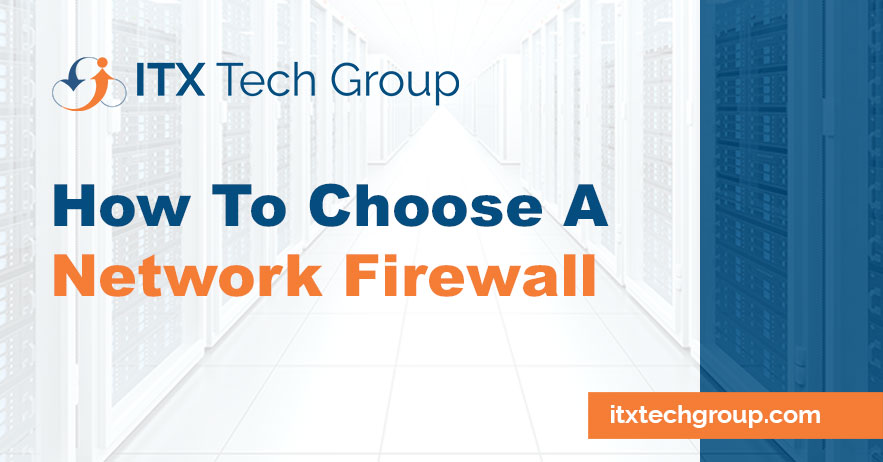In an era of interconnectedness, where business operations heavily rely on digital networks, ensuring robust cybersecurity is non-negotiable. Among the essential tools in your cybersecurity arsenal is the network firewall.
This article will delve into the concept of network firewalls, explain their significance in protecting your digital infrastructure, and provide a comprehensive guide on how to choose the right network firewall for your business.
Understanding Network Firewalls
A network firewall is a security device or software that acts as a barrier between your internal network and external threats, such as cyberattacks, malware, and unauthorized access.
It monitors and filters incoming and outgoing network traffic, allowing legitimate data to pass while blocking potentially harmful or malicious traffic.
Types of Network Firewalls
- Packet Filtering Firewalls: These examine individual data packets to determine whether they should be allowed through based on predefined rules. They are generally less complex but may lack more advanced features.
- Stateful Inspection Firewalls: These track the state of active connections and make decisions based on the context of the traffic. They offer better security by understanding the state of connections.
- Proxy Firewalls: Acting as intermediaries, proxy firewalls receive requests from clients and forward them to servers. They can provide additional security by masking internal IP addresses.
- Next-Generation Firewalls: These advanced firewalls incorporate features like intrusion detection, application awareness, and advanced threat protection.
Choosing the Right Network Firewall for Your Business
1. Assess Your Needs and Network Architecture
Importance: Different businesses have varying network architectures and security needs. Understanding your requirements is the first step towards choosing the right firewall.
Tip: Evaluate factors such as the size of your network, types of devices, and the level of protection needed.
2. Consider Scalability
Importance: As your business grows, your network requirements will change. Choosing a firewall that can scale with your business ensures a seamless transition.
Tip: Opt for a firewall solution that allows easy expansion without compromising security.
3. Evaluate Security Features
Importance: Firewalls offer a range of security features, from intrusion prevention and content filtering to VPN support and deep packet inspection.
Tip: Identify the features that align with your business’s security goals and regulatory requirements.
4. Assess User-Friendliness
Importance: The usability of the firewall solution is crucial. A complex interface can lead to misconfigurations that compromise security.
Tip: Choose a firewall that offers a user-friendly interface and management tools.
5. Consider Performance Requirements
Importance: Firewalls can impact network performance. Choosing a firewall that matches your network’s bandwidth and performance needs is essential.
Tip: Evaluate throughput capabilities and performance benchmarks to ensure the firewall doesn’t become a bottleneck.
6. Check for Threat Intelligence and Updates
Importance: Effective firewalls continuously update their threat intelligence to stay ahead of emerging threats.
Tip: Choose a firewall solution that provides regular updates and threat intelligence feeds.
7. Cloud Integration
Importance: Cloud integration is crucial if your business relies on cloud services. Ensure the firewall solution can secure both on-premises and cloud-based traffic.
Tip: Look for firewalls with cloud-native capabilities and support for virtual environments.
8. Support and Maintenance
Importance: A reliable vendor with good customer support ensures that you can resolve issues quickly and efficiently.
Tip: Research vendors’ support offerings and read reviews from existing customers.
Conclusion
A network firewall is a cornerstone of your cybersecurity strategy, acting as a sentinel guarding your digital assets against an array of threats.
By understanding your business’s unique needs, evaluating security features, and considering factors like scalability and performance, you can make an informed decision when choosing a network firewall.
Remember that cybersecurity is an ongoing effort, and selecting the right network firewall is a crucial step towards protecting your business’s sensitive information and maintaining a secure digital environment.
ITX Tech Group has been serving small, medium, and large scale businesses with their IT support needs all over the United States since 2011, so we’re confident we can provide you with affordable, professional IT solutions for years to come!
Connect with us for a free consultation to discuss your business technology needs.

